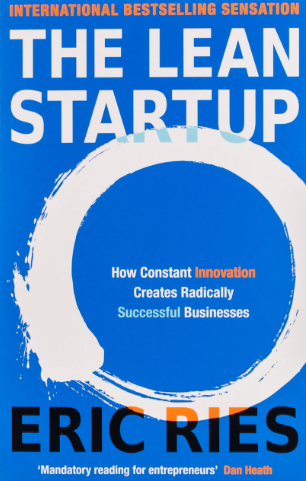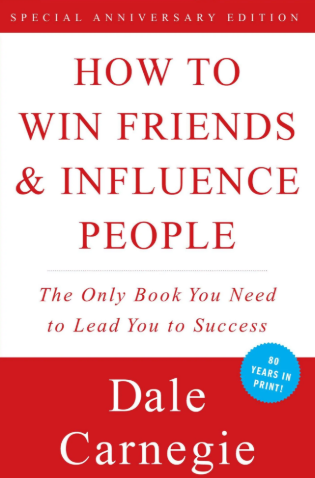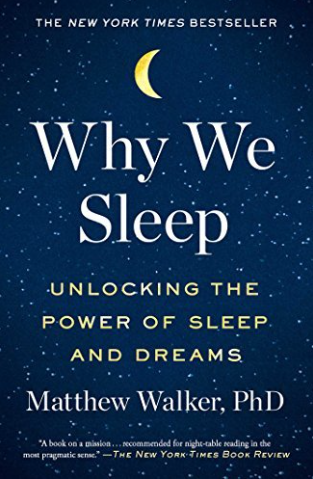
Eric Ries’s The Lean Startup reimagines how businesses are built. Instead of spending years (and millions) perfecting a product nobody wants, he proposes a smarter, faster way: test, learn, and adapt.
The focus is on reducing waste and building companies that can pivot quickly — especially important in today’s fast-changing world.
The Core Idea
Don’t guess what customers want — experiment, measure, and let the data guide you.
📘 Book Idea: A startup is not just a smaller version of a big company. It’s a learning machine.
💡 Real Life: Instead of building an expensive app right away, launch a simple landing page to test if people are even interested.
Key Lessons from The Lean Startup (With Real-Life Applications)
1. Build-Measure-Learn Loop
The foundation of Lean Startup is this cycle:
- Build a Minimum Viable Product (MVP) — the simplest version of your idea.
- Measure how customers use it.
- Learn what works, then improve or pivot.
💡 Real Life: Dropbox started with a demo video instead of a full product. The huge interest proved people wanted it — before writing all the code.
2. Minimum Viable Product (MVP)
Instead of spending years perfecting something, create the smallest testable version that provides value.
💡 Real Life: If you want to open a bakery, start with a pop-up stall or home delivery instead of leasing a big store.
3. Pivot or Persevere
Every startup hits a point where it must decide: keep improving (persevere) or change direction (pivot).
💡 Real Life: Instagram started as a location-based check-in app (Burbn). The founders noticed people loved only the photo-sharing feature. They pivoted — and the rest is history.
4. Innovation Accounting
Forget vanity metrics like “downloads” or “likes.” Focus on actionable metrics that show real growth — such as retention, revenue, or referrals.
💡 Real Life: Don’t just celebrate 1,000 signups. Track how many people actually keep using your service after 30 days.
5. Continuous Learning
A startup’s greatest strength is its ability to adapt. The faster you learn from customers, the greater your odds of success.
💡 Real Life: Regularly interview users, test new ideas, and run experiments instead of relying on assumptions.
Other Key Insights
- Startups should embrace uncertainty instead of avoiding it.
- Small, fast experiments beat big, slow projects.
- Success is not delivering a product, but delivering value customers truly want.
Final Thought
The Lean Startup teaches that building a business isn’t about having a perfect plan — it’s about creating a system that learns faster than the competition. Those who adapt survive. Those who don’t, fade away.
🔥 Your Turn: What’s one idea you could test this week with a quick MVP, instead of waiting until it’s “perfect”?






